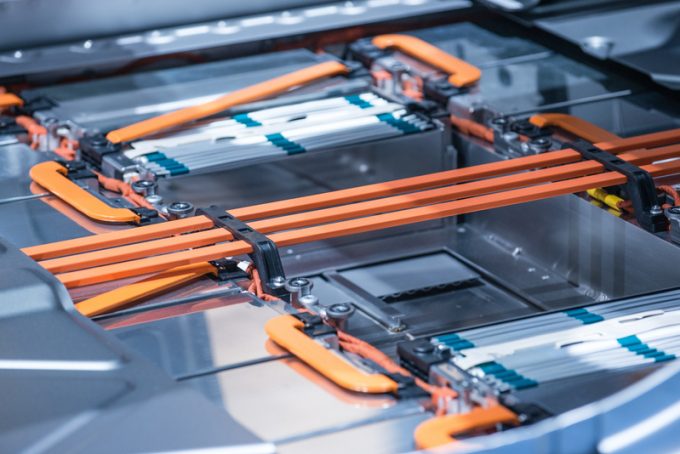Bjørnar Bukholm returns to Wallenius Wilhelmsen as CFO
Wallenius Wilhelmsen has appointed Bjørnar Bukholm (above) as its new chief financial officer, replacing Torbjørn ...

Automotive supply chains are set to be transformed, particularly in Asia, with Singapore poised to emerge as a new automotive hub.
According to a new report from Transport Intelligence, Asia Pacific Logistics & Supply Chain State of the Market 2019, the key dynamics in the sector are changes taking place in China’s trade policy and the component sourcing options for electric vehicle manufacturers.
The report says one of the big changes could take place if Chinese president Xi Jinping sticks to his ...
Maersk Air Cargo sees volumes fall as it aims for 'margin in favour of revenue'
Keep our news independent, by supporting The Loadstar
Container spot rates diverge: to Europe still falling, but firmer to the US
Volume surge and an early peak season? 'Don't celebrate too soon,' warning
Hapag-Lloyd won't take bookings if port congestion leaves cargo stranded
Ecommerce likely the front-runner in resurge of transpacific trade after deal
China-US trade tariff pause could drive a rebound for transpacific rates
Airfreight players eye new routes as demand on the transpacific nosedives
Service chaos from trade ban with India a problem for Pakistan shippers
Airfreight rates ex-China 'loss-making', but hopes of a trade deal stay high
Indian coastal freight attracts major carriers, but regional tension disrupts
Serious threat to jobs in US logistics as tariffs cause economic 'stagflation'

Comment on this article